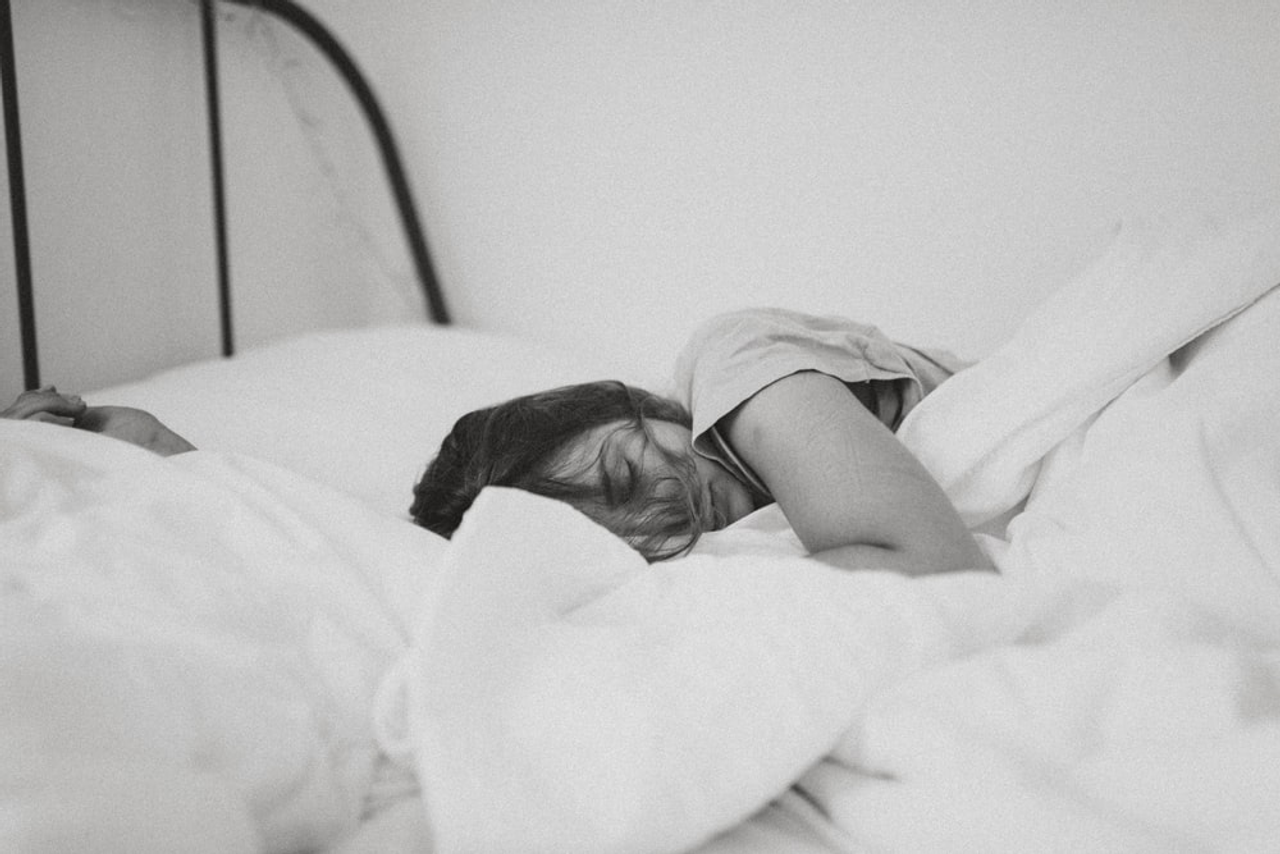Insomnia: The Ultimate Guide To Dealing With It
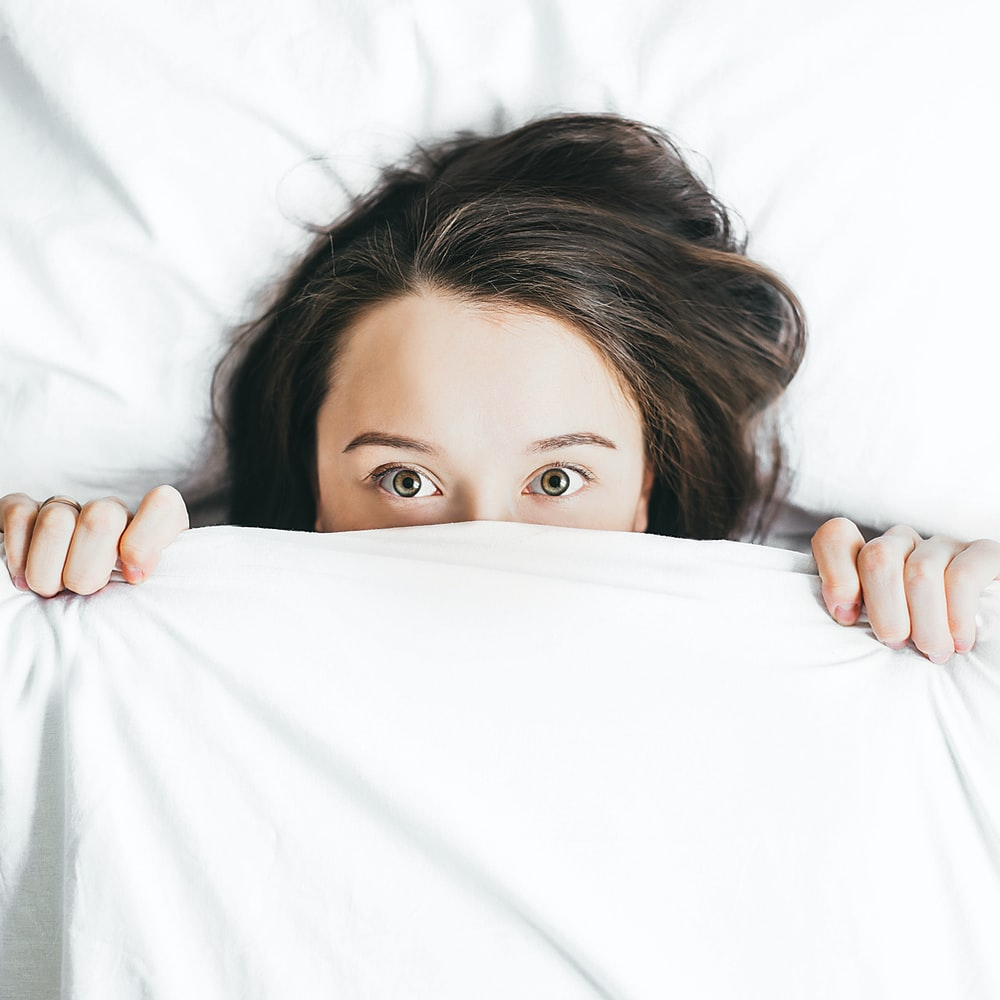
According to the American Psychiatric Association (APA), insomnia is one of the most common types of sleep disorders. Sleep disorders generally involve issues with the quality, timing, and amount of your sleep.Meanwhile, people with insomnia usually struggle to fall asleep, stay asleep, or in a lot of cases, struggle with both these issues. The APA also says that almost one-third of Americans are reported with insomnia-like symptoms, and 6% to 10% of all Americans meet the criteria of an insomnia disorder.
Insomnia brings serious mental and physical health problems, with tension and headaches being the most common symptoms and fatigue and lack of energy. The following article is a complete guide to insomnia, its causes and effects, and ways to treat it.
Causes
Stress and Anxiety
Reports show that almost 8.3 million Americans suffer from stress and anxiety, which isone of the most common causes for you to suffer from insomnia. Stress can cause overthinking, which can keep your mind hyperactive at night leading to your brain working overtime and you not being able to sleep.Issues at work, school, or with families can lead to constant stress, which can cause chronic sleeplessness in some cases.
Medications
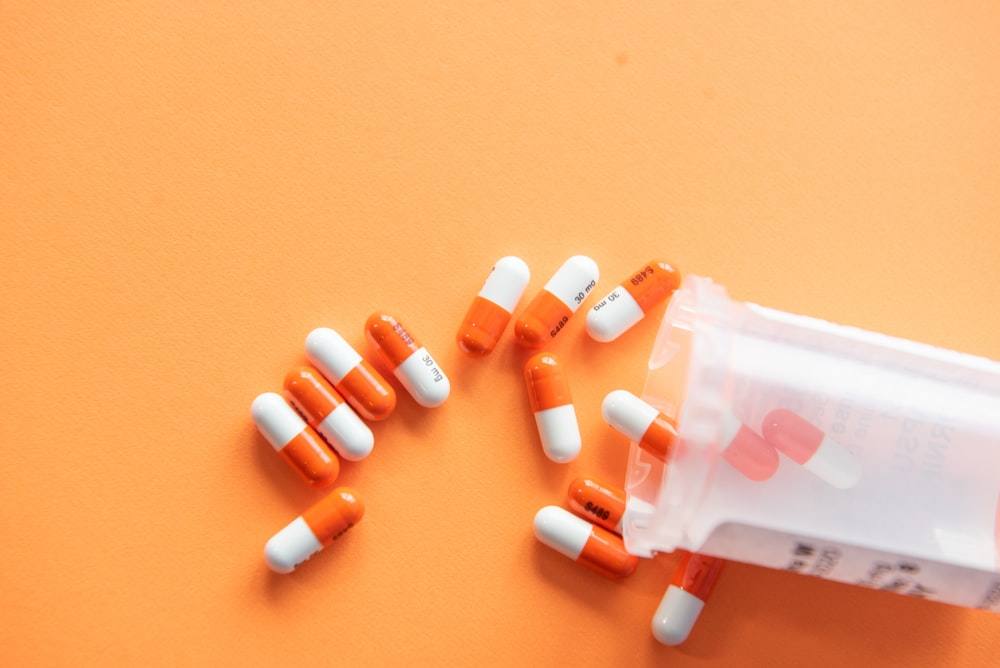
If you’re on any sort of medication, then there’s a slight chance that it’ll affect your sleeping pattern. Pain relief medications or weight-loss products might contain caffeine or other stimulants that can disrupt your sleep. Other medications that might affect your sleeping schedule include heart medicines, blood pressure medicines, or even certainallergy medicine.
Age
As we grow older our sleeping patterns and schedule change as well. Theaverage adult usually needs to sleep around 7 hours or more, and most of them are unable to achieve that. Studiessuggest that almost most men and women over the age of 60 either suffer from insomnia-like symptoms or have insomnia disorder.
Menopause
A female is more likely to experience insomnia than a male as it’s been considered that hormonal changes during the menstrual cycle and in menopause can affect their sleep. Experts also believe that the lack of estrogen is also another reason that contributes to insomnia in women in the postmenopausal stage.
Stimulants

Stimulants that contain caffeine can disrupt your sleep cycle. Drinking a cup of coffee during the late afternoon can provide enough caffeine to your system to keep you up late at night. Furthermore, people who smoke are also more likely to suffer from insomnia,as the nicotine in tobacco is also another stimulant.
While alcoholconsumption can make you fall asleep, sleep caused by alcohol intake is restless and doesn’t allow you to go into a deep sleep, which is essential for optimal rest.
Effects
Weak Immune System
When you sleep, your body produces protective, infection-fighting substances like antibodies and cytokines. These substances help your body fight all sorts of viruses and bacteria, furthermore,certain cytokines also help you sleep. So, when you’re unable to sleep properly, you limit the production of all these substances that depletes your body’s defenses, resulting in lower immunity to foreign viruses and bacteria. Furthermore, constant sleep deprivation can also lead to you developing chronic illnesses like diabetes or heart conditions.
Problems with Digestive System
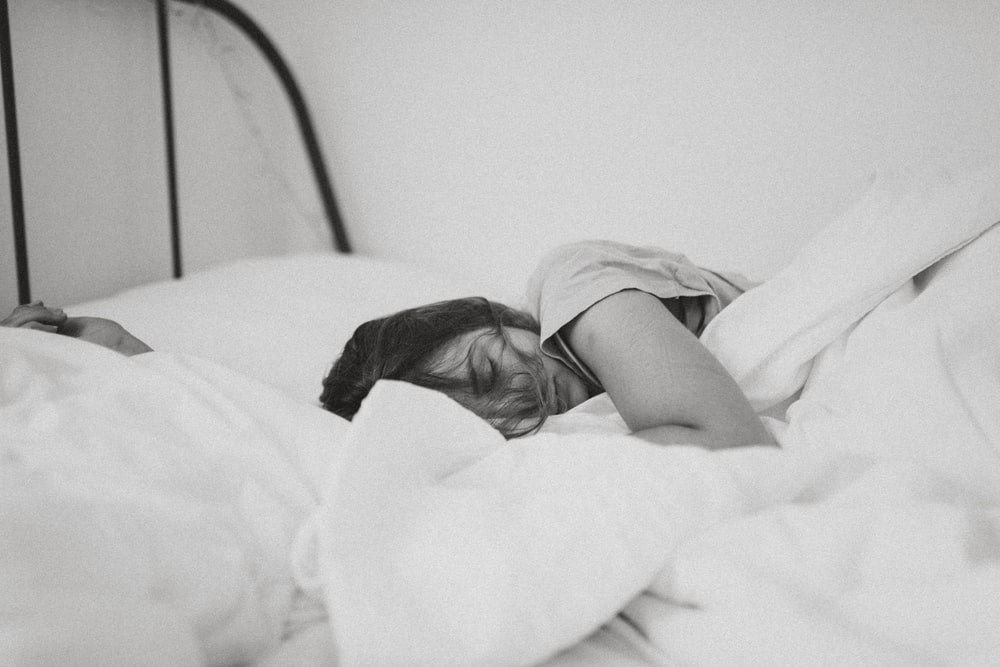
Insomnia can lead to unwanted weight gain as it disrupts the balance of two very important hormones in your body, leptin, and ghrelin. These control the feelings of fullness and hunger in your body, respectively.
When you don’t sleep enough, your brain increases the production of ghrelin that makes you want to eat;this is also why when you’re up late at night, you get the urge tosnack. Whereas, when you sleep on time, the production of leptin balances out both the hormonal levels.
Insulin is one of the most important things in your body as it regulates blood sugar levels, and insomnia can cause your body to become more resistant to insulin. Furthermore, due to insomnia, your body releases less insulin upon eating, which can seriously disrupt blood sugar levels and make you diabetic.
Insomnia also causes fatigue and tiredness, which can result in a lack of exercise, so you don’t burn the required amount of calories and mostly be in the surplus, causing weight gain. It can further affect the digestive system by causing constipation, resulting in you needing laxative tablets or other constipation relief medicines to treat.
Troubled Endocrine System
Your body’s hormonal production is very dependent on the amount of your sleep. Testosterone production requires at least 3 hours of uninterrupted sleep; however, due to insomnia, you might wake up frequently, disrupting the process of production.
Furthermore, interruptions can also affect the production of growth hormones which are especially important for children and adolescents. These hormones are extremely important for the growth of muscles and tissue mass and other body functions.
Issues with Respiratory and Cardiovascular System
Sleep plays an important role in the blood flow system in your body as it helps it repair and heal the blood vessels, meanwhile alleviating the burden on your heart. It keeps your heart healthy by regulating blood pressure levels and inflammation levels.
Your sleep and your respiratory system also go hand in hand, as troubled breathing at night (also known as Obstructive Sleep Apnea (OSA)) can cause you to constantly wake up and have lower sleep quality. On the other hand, if you have chronic respiratory illnesses, sleep deprivation can worsen them.
Treating Insomnia
There have been various effective and healthy ways that medical experts have used in treating people with insomnia disorder. If you feel like you’re suffering from the symptoms,use the following to improve your sleep.
Fixed Sleeping Schedule

This does seem hard when you have insomnia; however, it’s really helpful to try and wake up at the exact same time every day, even if you’ve had a bad sleep the night before or no sleep at all. This trains your body into waking up according to schedule, and once you have a fixed waking up time, you’ll start feeling sleepy around a precise time at night as well.
Limit naps as well, even if they are an easy way to make up for the lack of sleep because it can also affect the amount of sleep you get at night. Plus, training your body to associate sleep with darkness is a good way to deal with insomnia.
Reduce Stimulants From Your Diet
As mentioned before, caffeine has a very lasting effect on your body as it can last for hours or, in some cases till the next day as well. Caffeine not only affects the timing of when you sleep, but it can also cause you to wake up in the middle as well. The same goes with nicotine from cigarettes, so quitting smoking or reducing caffeine intake will help you.
Furthermore, removing alcohol from your system also helps with a better sleeping pattern. As mentioned before, it only enables you to sleep lightlyand doesn’t allow you to reach the deep sleep stage.
Regular Exercise
A good workout can have a stimulant effect on your sleep which is why it’s usually recommended to do it early in the morning. However, working out consumes energy that can tire your body, making you want to sleep. If you’re tired,you’re more likely to sleep early at night. Also, if you can’t work out early in the morning,try to do it at least 3 hours before your bedtime.
Limit Access To Bed
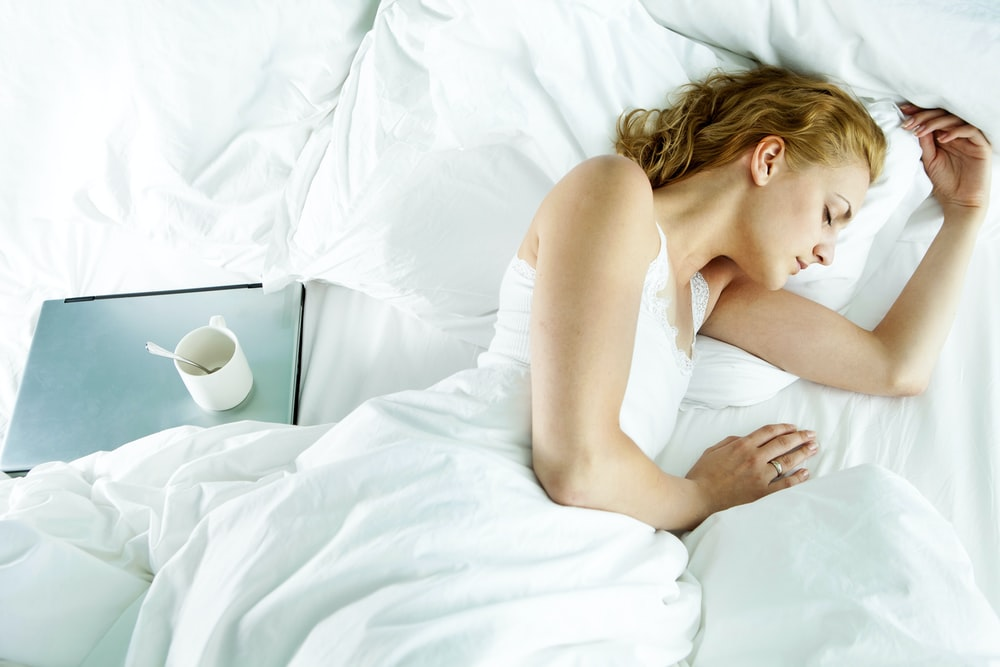
Staying away from the bed during the day at all costs can also fix your sleeping problems. Sleep restriction and compression are therapies commonly used in the treatment of insomnia through reverse logic. During both these treatments, the medical experts restrict the patient’s access to their bed or significantly reduce the time spent on their beds. This helps associate the bed with only sleep and nothing else so it helps the patients sleep faster whenever they lie down on the bed.
Don’t Eat Or Drink Around Bedtime
Eating anything when you’re about to sleep can activate your digestive system and keep you up. If you suffer from gastroesophageal reflux (GERD) or heartburn, then eating before bedtime can further worsen the symptoms.
On top of that, drinking lots of water before sleeping will also activate all the organs in your system, making you more active and energized,and the additional trips to the bathroom due to the bladder getting overwhelmed with the water will also disrupt your sleep.
Sleeping Medications
Many times doctors prescribe sleeping medicines to patients when no treatments are effective. These sleeping medications are further divided into several different categories like
Benzodiazepines (BZD) are a class of psychoactive drugs used to treat short-term insomnia. They are usually avoided to treat long-term insomnia as they are easily abused, and people get dependent on them quickly.
Nonbenzodiazepine is a Z-class drug similar to BZD but with a less likely chance of abuse and any other adverse effect; however, a common Z drug like Ambien still requires a prescription as the DEA has classified them as Schedule IV controlled substance.
Melatonin agonist is also a drug used as a sleeping aid for adults as it helps your body produce melatonin that induces a feeling of sleepiness and relaxation. Its effects are much lighter compared to the other mentioned sleeping medications and have a low potential of being abused.
Orexin receptor antagonists are also used to treat insomnia. Orexins are neurotransmitters that regulate sleepiness and wakefulness. The drugs help regulate these neurotransmitters inducing sleep.
Some over-the-counter medications also have sedative properties that can help you sleep. There are nutritional supplements that can help you,while certain off-label treatment medications like antipsychotic medications and antidepressants also help in sleeping.
Reduce Stress
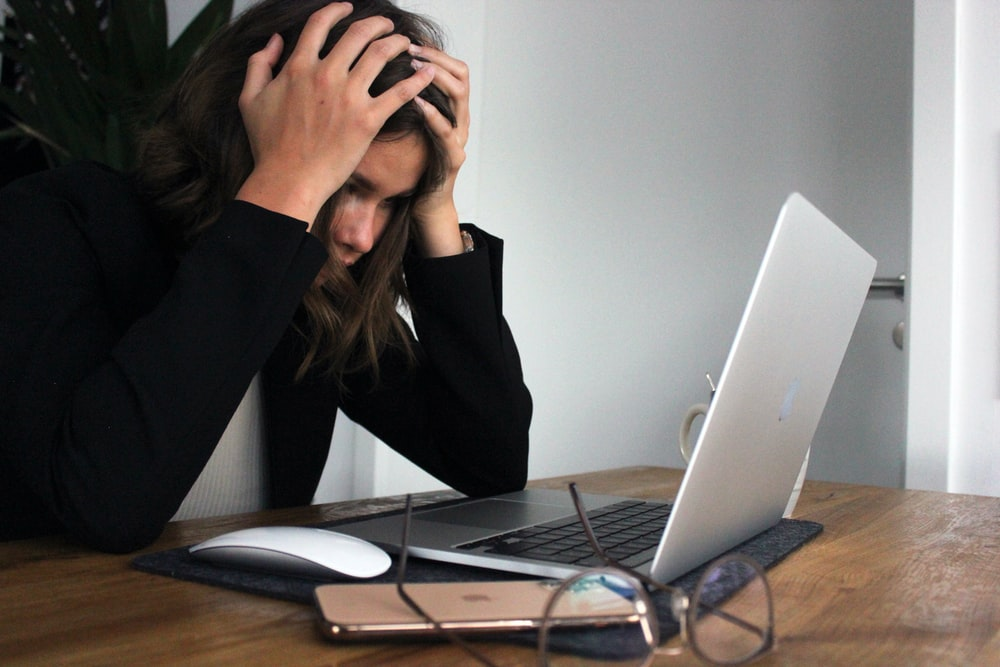
As mentioned before, stress is one of the causes of insomnia, so trying to reduce it can ease your mind and allow you to sleep properly. There are numerous ways you can reduce stress inyour life.Meditating or massages can help your rest physically and mentally or using muscle relaxation, and deep breathing techniques can also help.
Make Your Environment Comfortable
Lastly, it also helps to make your sleeping environment as comfortable as possible. If there’s the slightest noise or light that’s bothering you, then make sure to take care of it or if the temperature is too high or low, then adjust it to an optimal level that you feel most comfortable at. You can even change your mattress if it’s not comfortable enough.
Sleep always needs to be a top priority because we generally require an average of 7 to 8 hours of sleep everyday. By a simple calculation that’s a third of our life, any disruptions will always affect our whole life.
If you’re looking to buy premium sleeping medicines or other high-quality medications, then take a look at HealthA2Z. They are an online pharmaceutical store that provides over-the-counter drugs to their customers. Their products are made in FDA-registered labs and can be easily accessible on their online store.
The customers can buy motion sickness tablets, aspirin tablets, and other pain relief medicines as well. They also have a special discount of 20% on their products throughout December, and if the customer makes a purchase of more than $30, the company provides free home delivery.

